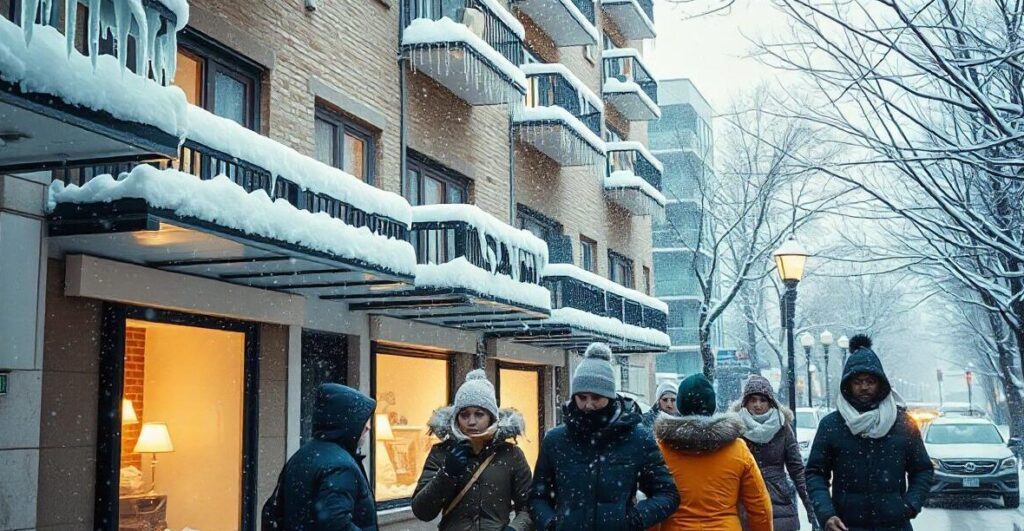Published on: October 26, 2024 | By: @rprasanth_kumar
Every year, France ensures “trêve hivernale,” a tenant protection during winter that temporarily halts rental evictions from 1st November to 31st March. Designed to protect tenants from being displaced during the colder months, this period provides essential safeguards for vulnerable individuals. However, there are specific situations in which exceptions apply, allowing certain evictions to proceed.
Topics Covered 📚
- What is Trêve hivernale?
- Exceptions to Trêve hivernale
- Alternative Housing
- Squatters
- Family Court-Ordered Evictions
- Protective Orders in Domestic Violence Cases
- Sources & References
What is Trêve hivernale?
The winter moratorium “Trêve hivernale”, running from November 1, 2024, to March 31, 2025, suspends evictions for most tenants who are unable to pay rent.
- During this period, landlords are restricted from forcing tenants to leave, ensuring that people have a secure place to stay throughout the colder months.
- However, this protection is limited to certain situations and may not apply universally.
Exceptions to Trêve hivernale
The winter moratorium plays a vital role in providing housing security for many individuals during challenging times. However, understanding the moratorium’s limitations is essential for both landlords and tenants. While it protects against evictions due to unpaid rent, there are a few key exceptions to this rule.
1. Alternative Housing Is Available
- While the moratorium protects tenants from eviction, this safeguard does not apply if the tenant has suitable alternative housing available.
- In these cases, the landlord may initiate an eviction by filing with the “judge des contentieux de la protection,” even during the winter.
- If the court rules in favor of eviction, the tenant must vacate once the moratorium ends on March 31.
2. Squatters
- The protection during winter does not extend to squatters, individuals who illegally occupy a residence without the owner’s permission.
- If a squatter occupies any property, whether a primary or secondary residence, the property owner can pursue legal action to regain possession.
- Squatters can be evicted at any time of year, regardless of the winter moratorium.
3. Family Court-Ordered Evictions
- Family court rulings, particularly during divorce proceedings, may override the moratorium.
- In cases where the family judge (judge aux affaires familiales) orders one spouse to leave the family home as part of an interim measure, this eviction may occur despite the winter moratorium.
4. Protective Orders in Domestic Violence Cases
- In situations of domestic violence, the family court may issue a protective order mandating the expulsion of an abusive partner.
- This measure, aimed at safeguarding victims and children, remains enforceable even during the winter moratorium.
Support This Blog!
If you’ve found my articles helpful, interesting or saving your time and you want to say thanks, a cup of coffee is very much appreciated!. It helps in running this website free for the readers.
Sources & References 📕
- Quand s’applique la trêve hivernale?
- Code des procédures civiles d’exécution : articles L412-1 à L412-8 L412-6, Trêve hivernale – L412-8: Violences
- Réponse ministérielle du 23 juin 2020 relative à l’expulsion de l’époux se maintenant dans le logement en dépit de l’ordonnance de non conciliation (divorce)
- Que faire quand des squatteurs occupent un logement?
- Loyers impayés et expulsion du locataire


